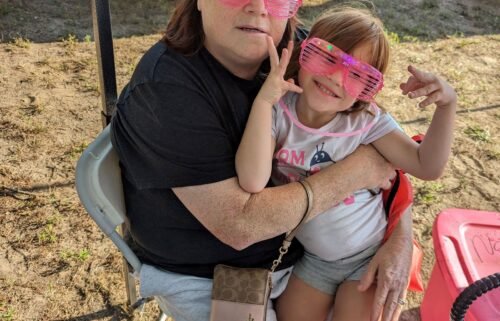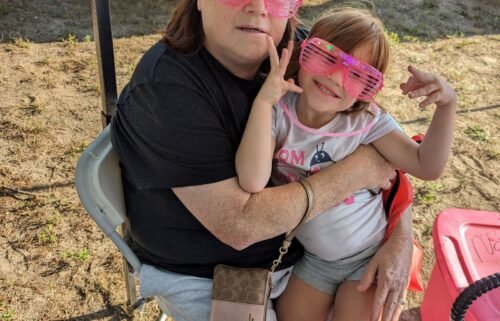Two church events in Illinois linked to 180 Covid-19 cases, 5 hospitalizations

By Virginia Langmaid
New case study data published Tuesday offers another cautionary tale about the importance of Covid-19 vaccination and testing at large, in-person gatherings.
By August, 180 Covid-19 cases had been traced back to a five-day overnight church camp for teenagers and a two-day men’s conference, both held in June. Five people were hospitalized.
The investigation, conducted by the Illinois Department of Public Health and the US Centers for Disease Control and Prevention, found few pandemic precautions were taken at either camp.
The church camp ran for four days in mid-June. On June 13, 294 campers from Illinois, Iowa and Missouri arrived at the sleepaway camp in west Illinois, where they were taken care of by 41 staff members.
Campers lived in large groups, ate together and participated in multiple group activities. No proof of Covid-19 vaccination or testing was required to attend camp.
The investigation, published in the CDC’s Morbidity and Mortality Weekly Report, notes “the suggested list of items to bring to camp did not include masks.”
The first camper tested positive for Covid-19 on June 16, after leaving camp with a fever and respiratory symptoms. By August 13, 87 camp attendees had tested positive for Covid-19.
Six staff members at the camp who would later test positive then attended a two-day men’s conference hosted by the same church group at a different location. As with the sleepaway camp, the conference did not require vaccination, testing or masks.
Out of the 500 attendees and 30 staff members at the conference, 35 people tested positive for Covid-19.
The effects of the two events spread beyond the attendees. Nearly a third of all cases connected to the conference and camp were secondary infections — meaning they were a close contact of someone who attended either event.
The researchers determined 1,127 people were exposed to the virus through these two events, across 18 counties in four states. Adams County, Illinois, where the events occurred, observed a 68% increase in its average number of new cases per day in the week after the last secondary case was found, compared to the week before the event.
CDC researchers determined the outbreak to be largely, but not completely, connected to the Delta variant of coronavirus. The Delta variant accounted for 87% of all sequenced virus from the outbreak, and the Alpha variant was identified in 10% of sequenced samples, they reported.
In the eight samples sequenced from vaccinated people, seven were the Delta variant and one was Alpha. The diversity of variants present, researchers said, likely indicates that there were multiple “introductions of SARS-CoV-2” to the camp, rather than one instigating infection.
“In this investigation, most reported COVID-19 cases were identified among unvaccinated persons. However, transmission of SARS-CoV-2 from vaccinated persons both to unvaccinated and vaccinated persons likely occurred,” the researchers wrote.
The results of this investigation add even more evidence for the need for vaccinations, testing and other mitigation measures, particularly as the more transmissible Delta variant spreads. This work also specifically sheds more light on spread in camps, the researchers said.
“As of August 7, COVID-19 outbreaks in at least 21 overnight camps had been reported in Illinois, reinforcing the importance of COVID-19 prevention measures at these camps, including identifying infected persons through prearrival and screening testing programs and consistent implementation of other prevention efforts, including vaccination, masking, and physical distancing.”
The-CNN-Wire
™ & © 2021 Cable News Network, Inc., a WarnerMedia Company. All rights reserved.



